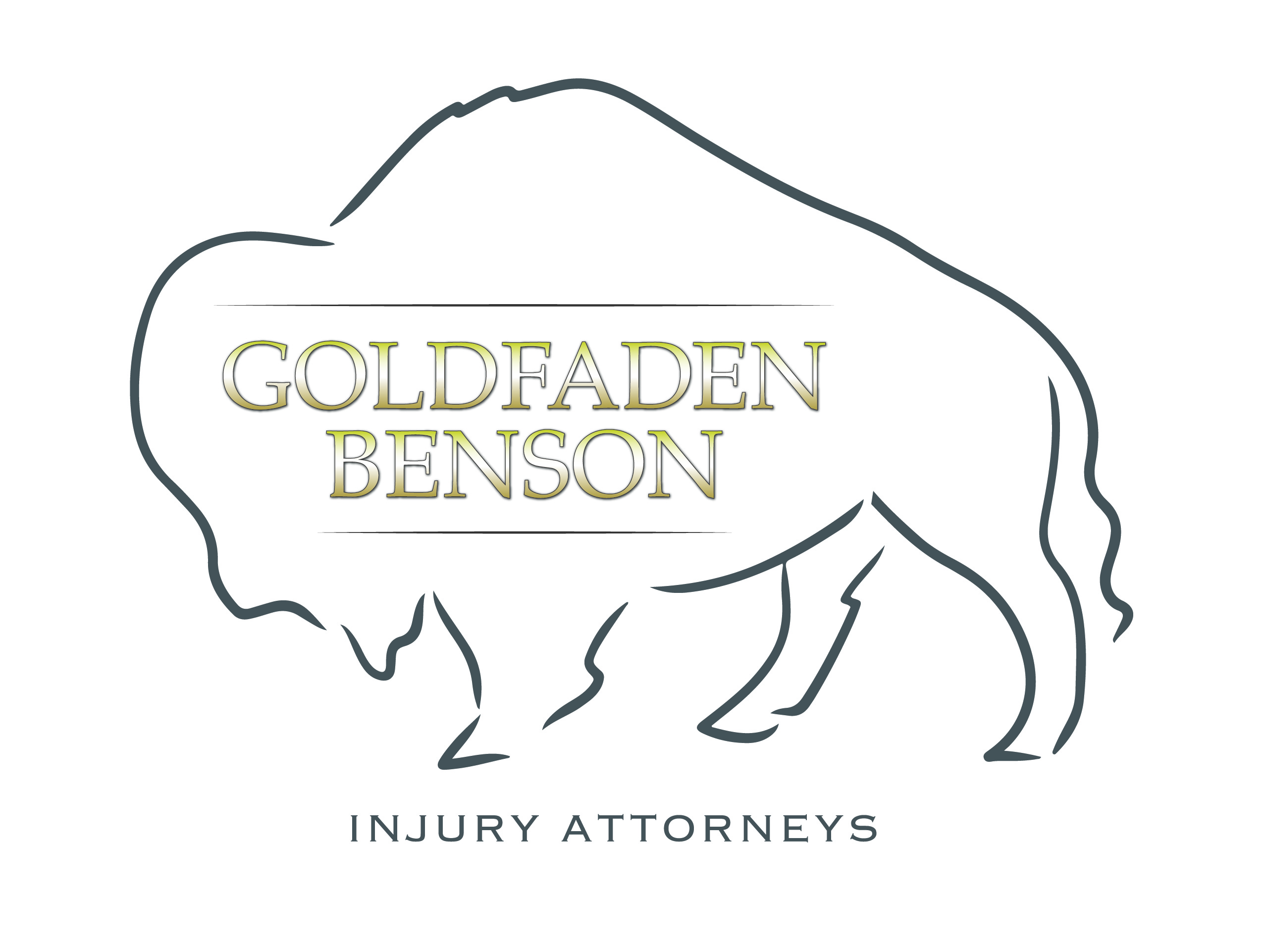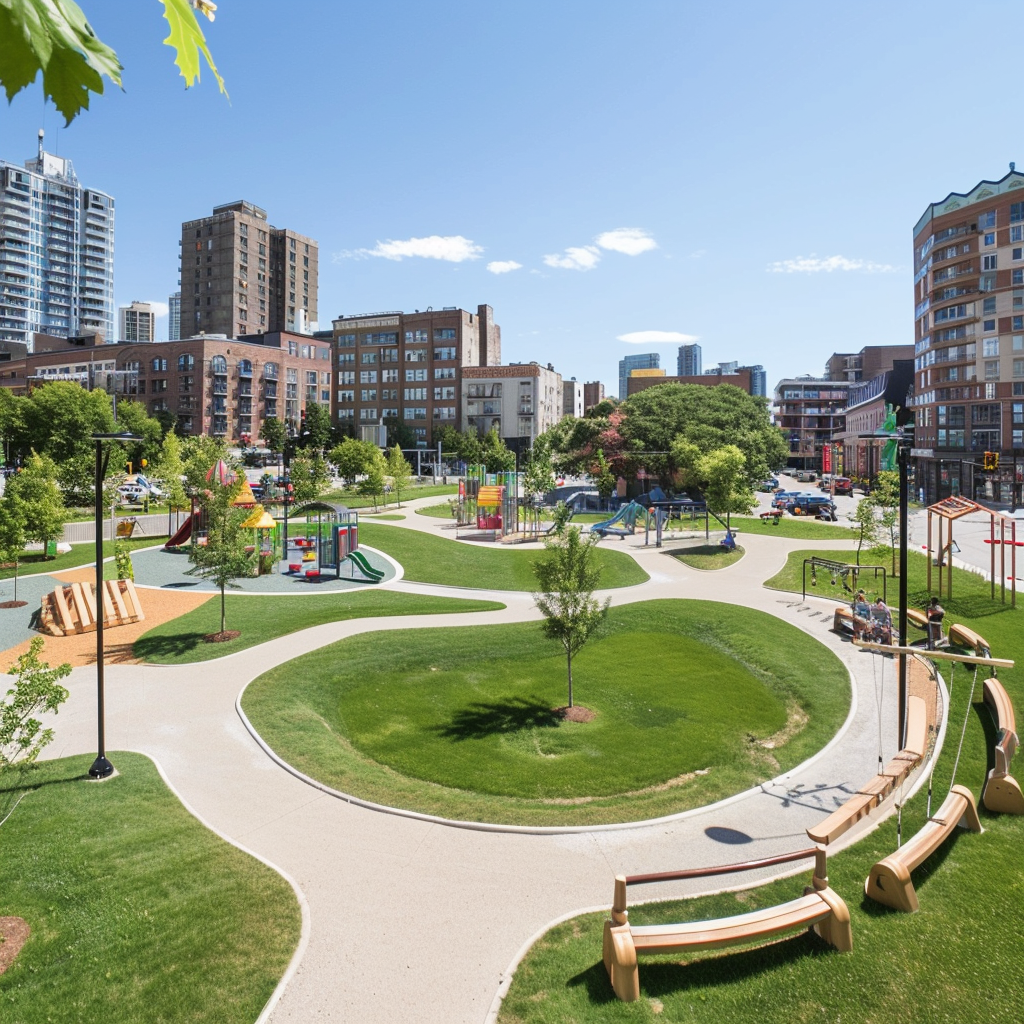Personal Injury on Public Property: Who is Liable?
Even in beautiful Southern California, you may not consider the potential hazards that public properties can pose until you experience a personal injury. An unsettling incident can occur in various places, from sidewalks and parks to government buildings and public transportation. When such a mishap happens on public property, understanding liability and your legal rights can feel like navigating a labyrinth.
Understanding Personal Injury on Public Property
Personal injury on public property falls under the broader legal concept of premises liability. According to the California Civil Code 1714, the person in charge of a property (the 'occupier') has a legal duty to maintain the premises in a safe condition. This legality applies to both private and public entities, each bound by the same standard of 'reasonable care.'
In most cases, a personal injury event entails that the injured person (the 'plaintiff') proves the property owner (the 'defendant') was negligent in maintaining a safe environment. It's more complex when the defendant is a public entity. Special rules apply to personal injury claims against government entities, including strict deadlines and notice requirements.
The Role of Government Entities and Public Property
Imagine you're strolling through a San Diego park, and you suddenly trip and fall, injuring yourself due to a poorly maintained walkway. Who is liable for your injury? Is it the city of San Diego or the park's management? These are the questions that you, as a plaintiff, must answer in a personal injury lawsuit on public property.
Government-owned properties are managed by various entities, each with different levels of responsibility. Identifying the correct government entity involved can be a critical factor in a successful personal injury claim.
Pursuing a Personal Injury Claim in Southern California
The process for filing a personal injury claim against a public entity differs significantly from that of a private entity. California law requires that you file a formal claim with the appropriate government entity within six months from the day of the injury. Missing this deadline can cost you your right to compensation.
An experienced attorney can guide you through this complex process, ensuring compliance with the pertinent laws and procedures. It's beneficial to consult with a legal professional who regularly practice personal injury cases and are familiar with the idiosyncrasies of public premises liability.
Investigating the Case: Proving Negligence
To win a personal injury lawsuit, the plaintiff must prove that the public entity’s negligence caused the accident. Was the hazard obvious? Did the entity have enough time to fix it? Was the risk foreseeable? These are the questions your attorney will help answer in order to build a strong argument for your claim.
Public entities can sometimes enjoy immunity from specific types of incidents, making it imperative to have a seasoned attorney who understands the nuances of governmental tort liability.
Conclusion
Navigating a personal injury case on public property can indeed be a daunting task. Still, with a clear understanding of the process, steps involved, and reliable legal representation, it is quite achievable. Should you have found yourself victim to a personal injury on public property in California, do not hesitate to take action. Reach out to Goldfaden Benson, your trusted partner through a challenging journey to justice.
FAQ
-
What is the timeline for filing a personal injury claim against a public entity in California?
You must file a formal claim within six months from the day of the injury.
-
Who is liable for a personal injury on public property?
The public entity that owns the property or is responsible for its maintenance is generally liable.
-
How can I prove negligence in a personal injury case on public property?
You must demonstrate that the public entity knew or should have known about the hazard, had reasonable time to fix it, yet failed to do so.
-
Does governmental immunity apply to all types of incidents?
No, immunity is selective, and there are many exceptions to the rule.
-
Can I handle a personal injury claim on public property myself?
Although it is possible, the process is considerably complex with strict timelines and special rules. Therefore, it's often beneficial to hire a well-versed attorney in the field.







